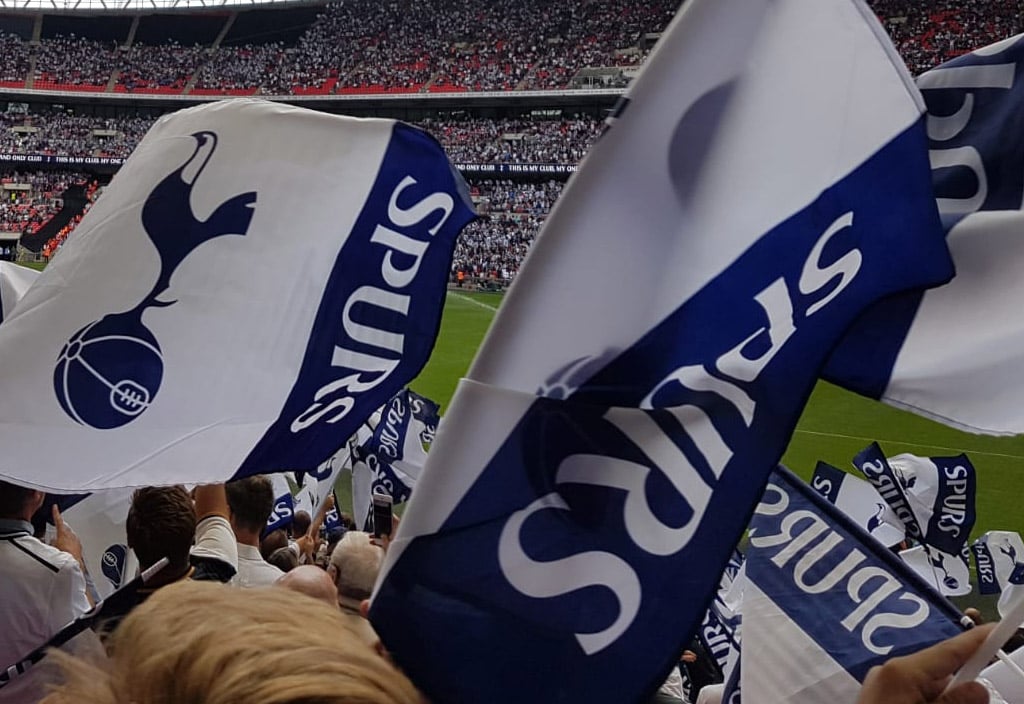Over the last few days, Premier League clubs have come under an increasing amount of criticism for the amount of money they have spent on new signings during the transfer window, at a time when the UK and the global economy is reeling due to the effects of COVID-19.
On the face of it, one can understand the outrage as spending £1.2 billion on new recruits at a time when clubs at the lower end of the footballing pyramid are in the danger of going out of business, seems extremely irresponsible.
The decision to charge fans £14.95 per game to watch some matches which are not selected for broadcast, has only exacerbated the anger and frustration among fans, with some understandably accusing the clubs of being greedy.
Charging fans nearly £15 per match is not defensible but there is a general perception among fans that all top-flight clubs are sitting on huge piles of cash which is far from the truth.
While clubs owned by oligarchs and countries’ (to borrow Jurgen Klopp’s phrase) are obviously in a privileged position, the reality is that most Premier League clubs are in an extremely difficult situation as matchday income has completely dried up, while commercial and broadcast revenue has taken a massive hit.
In Tottenham’s case, fans will be well aware of the substantial debt the club have incurred as a result of building the most expensive stadium in the country.
The main rationale behind the massive outlay on the stadium was Daniel Levy’s hope that the club would be able to cover the interest payment and still stand to make a profit due to the substantial increase in matchday revenue.
MORE SPURS STORIES
However, with matchday incomes suddenly grinding to a halt and with no indication as to when it will get back to the previously projected levels, the club has been faced with an extremely uncertain situation and have decided to borrow another substantial loan from the Bank of England, albeit at low interest (The Athletic).
While other clubs might not have to worry about paying off their stadiums, most are in the same boat as their fixed costs are impossible to cover in light of the substantial drop in revenue.
Clubs in the Premier League and around the world have offered players contracts and have committed on other expenditures based on previous revenue projections which have now completely gone out of the window, which is why many have requested players and staff to take wage cuts.
However, the difficult financial climate does not mean there is less incentive for clubs to spend on new recruits. In fact, in some cases, it can be argued that there is more.
Firstly, with player values having fallen, many opportunities have opened up in the market which were previously closed, and clubs might view some of those deals as too good to miss out on especially if the market bounces back in the future.
Additionally, in a context when a club’s financial earnings depend largely on the team’s on-field success, clubs cannot afford not to spend at a time like this especially when they see their competitors strengthening.
The Evening Standard’s Dan Kilpatrick pointed out in a recent piece how Levy was tempted to dip into the transfer market after Tottenham’s opening day defeat against Everton as the Spurs chairman realised the club could not afford to miss out on a top-four finish as a second consecutive season without Champions League revenue was almost unthinkable given their financial situation.
The same is also true for clubs in the lower end of the table as there cannot be a worse time than this to suffer relegation and miss out on the additional revenue that comes with preserving one’s Premier League status.
So, while it might seem hypocritical to fans that some clubs have fired many employees and still spent big in the transfer window, in many respects, clubs could not afford not to do that.
Besides, if one’s main concern was the plight of EFL and non-league clubs, then surely they must be supportive of more spending by top-flight clubs, not less.
While most of the Premier League’s spending has not gone abroad, there have still been some big money acquisitions from the lower leagues and Championship like that of Ollie Watkins and Eberechi Eze (and hopefully soon, Joe Rodon).
A portion of this money has trickled down to clubs in the lower end of the pyramid, while the relative big-money acquisition of young talent like Tottenham’s signing of Alfie Divine, have also benefited lower league teams.
Although the government has pledged financial support for non-league clubs, Premier League teams could certainly do more to help them out, with some even suggested levying a transfer tax on top-flight clubs which could be distributed among lower league clubs.
There is no question that this is a time when the footballing world needs to come together to help each other out and that Premier League clubs do hold a big responsibility given the global brands that they are.
However, one of the reasons behind relaxing financial fair play this summer was to encourage big clubs with resources to spend, so that there is more liquidity in the transfer market, which can, in turn, help cash strapped clubs.
In this context, to paint top-flight clubs, who are also victims of these unique circumstances, as evil and greedy, seems to me to be a case of misguided anger.
Keep up to date with all the latest Tottenham news and opinion by following SpursWeb’s Facebook, Twitter and Instagram accounts.

